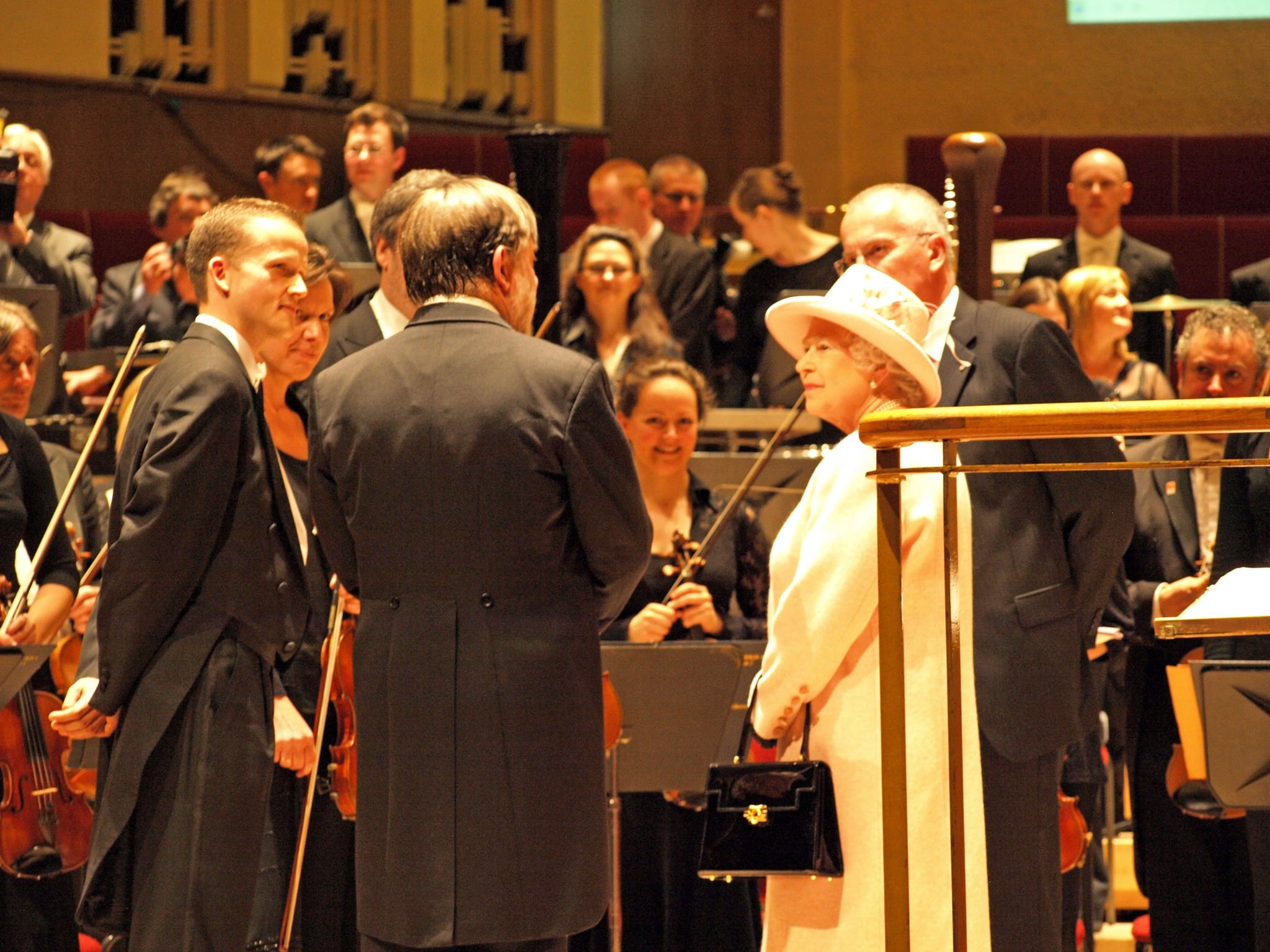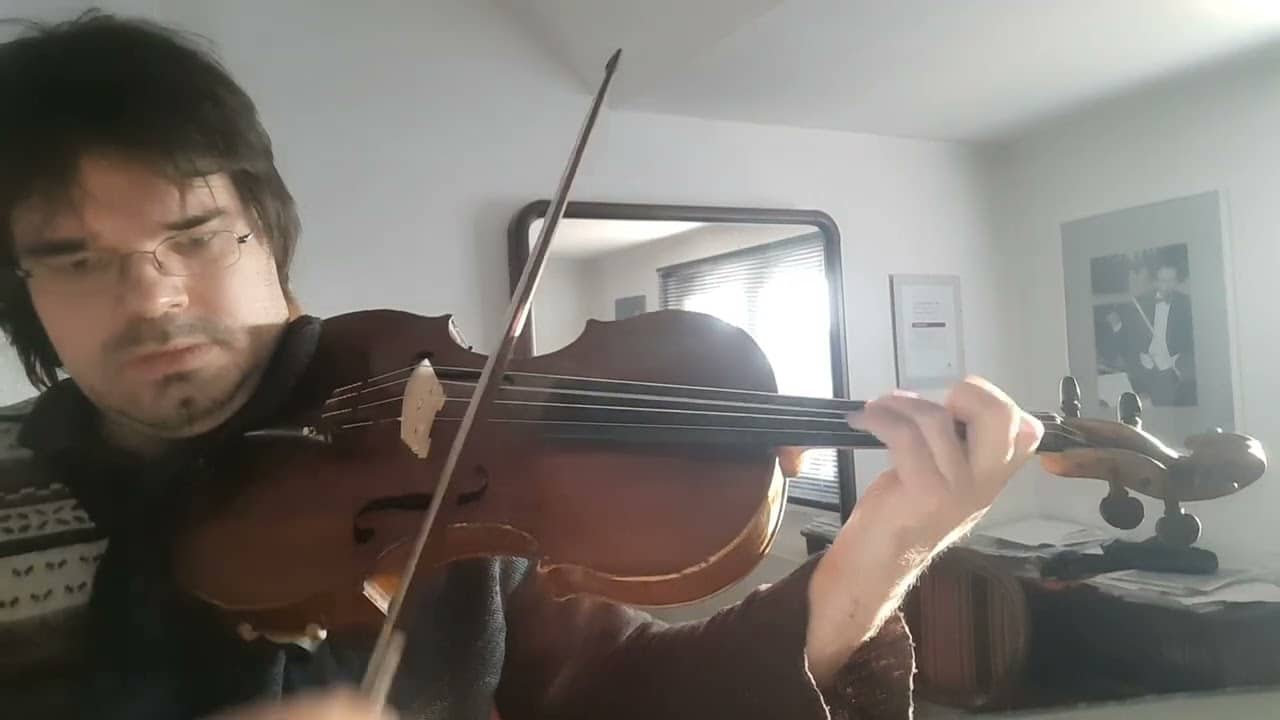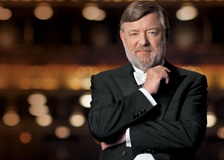I can’t stop listening to living composers
mainFrom the Lebrecht Album of the Week:
The late Michael Kennedy, an honest critic if ever there was, told me that on reaching the age of 60 his ears gave up on contemporary music. We then had a stand-up row about the recent works of Birtwistle and Maxwell Davies and parted, as always, good friends. Now, having long passed Michael’s age threshold for new music, I find myself still curious about living composers….

Read on here.
And here.
In The Critic.
En francais ici.
In Czech here.
In Spanish here.






Thank you Norman. I loved Michael, by way of his writing and editing. And at 78, I’m totally on board with living composers.
I find the only living composers I like are choral composers like Eric Whitacre, who write more or less melodic and tuneful music, unlike those ‘serious’ orchestra composers who write obscure stuff that only they themselves understand.
They don’t understand it either. They write whatever they think will get them tenure at a university.
Put the orchestral parts upside down, I bet you the “author” won’t even notice, as long as the “expression” is good enough (!)
Have in fact witnessed some, even big names among those…
I once organised a chamber music festival where well-known British pianist [redacted] played a complex piece by Birtwistle. A professional pianist and composer turned pages, and saw that she played at least 1/3 of the notes and figures wrong, just ‘played’ the gestures, more or less. Of course nobody noticed, except the page turner.
I know from an excellent soprano who had substituted for a singer who copted-out from a modernist opera premiere 2 weeks before the performance, that in spite of her working her tail off to get the random notes in her head, got half of them wrong during rehearsels, where the composer, well-known [redacted], sat happily with his score on his lap, following proceedings. She bluffed through the rehearsels and a number of performances and was a success, thanks to her flair and acting. But she told me: ‘I felt so empty and sad, I put so much effort into it, and even the composer never seemed to notice that I hardly ever sang the right notes. You ask yourself: why bother?’
There are many more of such stories, but I think these are somehow representative.
New name to me, but The Seamstress has been posted on YT by Jennifer Koh, and I can see why you like it. I found very atmospheric and stimulating. Reminds me a bit of one of my favourite Canadian new music composers, Kelly-Marie Murphy.
I’m excited like a child before Christmas whenever there is a new Arvo Pärt CD out there. Or something new by Sofia Gubaidulina. Or by Peteris Vasks. Or some other people. Not absolutely everyone, but sometimes it feels like a new book from a favorite living author.
Music over time changes and whether or not we change with it it will not stop. We should strive to be apart of its history and engrave the names of today’s composers into the great Rosetta stone that is Music. I am proud to stand behind living composers!❤
What a rare generous attitude.
The universities are the new patrons and the “process music” composers are the new sellouts. To paraphrase Frank Zappa – “They’re only in it for the money.”
If they are in for real money they should go elsewhere.
I agree, but real money usually requires real skills…and they don’t have any.
I’m afraid I would agree with Mr Kennedy that Birtwistle and Maxwell Davies were two composers that old-age just cannot abide. Mind you I wasn’t very keen on them when I was young either. I’ve nothing against modern composers as long as I’m not forced to listen to them
Thank you. I still like the 18th Century the best.
‘The best composers are the ones one does not need to listen to.’ (20C saying).
Huge respect for Michael Kennedy who always wrote intelligently.
Listening to one of the composers mentioned is often like beating yourself over the head with a very hard white cabbage. As I am not a masochist, I therefore avoid listening to his music.
The Michael Kennedy parting as good friends after a stand-up row is no surprise. He was very genuine gentleman and, when I asked for his expertise, he was always so helpful – even when the answer was obvious, and I should have been able to work it out for myself. He didn’t consider, for a moment, that I was wasting his time.
I don’t know if others can identify, but I found I only STARTED to get interested in contemporary music in my 50s. Maybe I only started to ‚get’ what new music was doing after I’d listened to a lot of the traditions they were building on/reacting against? But I also think composers are now much better at communicating directly with their audiences, meeting them half way, than many of them were from, say, the 1950s to 1980s.
Indeed. That is because they rediscovered tonality, which offers a means of musical communication, as it always was.
I simply find that there there are composers that one chimes with and those that one doesn’t. It matters not whether they wrote in the Mediaeval period or yesterday.
Medieval composers make me angry, restless and truculent – want to go out into the street and bang someone on the head!
Sally
But who decides which composers get a hearing and which don’t?
With orchestras, it’s the programmers. They are allround musical masterminds, and can judge any score, in whatever style or form, in one short blink of an eye. Compare that with the poor conductors, who don’t have such gifts and have to blindly trust the programmers, in whose hands they have laid the fate of their careers. Even the most brilliant conductors would need careful study of any score offered to them, which would take quite a long time that is taken from their other score study time, and then without any garantee of arriving at some form of artistic assessment. But the programmer needs only a couple of minutes, which is very practical because the flow of scores to his office is a steady one. – So, that is why we hear always the best new works in the orchestral circuit.
With the promotors of the chamber music series, it’s the organisers. They have a comparable incredible insight in the art form, hence the impressive high artistic level of any new work making an apprearance in their series.
So, music life is run by people who even don’t need to be a musician to be able to create the best circumstances for the art form. Some don’t even have any education in music or the arts, in whatever way. It is a natural gift, rarely shared by musicians or composers.
I think there is a wonderful amount of new music being written by composers who are not well known and yet write accessible music while maintaining a creative and unique voice.
The names that are generally called out when talking about contemporary music write in an academic manner and their music is usually thorny, cerebral, and in the end, not what one wants to hear on the radio while sipping a cocktail and thinking about the day.
It’s unfortunate that we have come to this place but do not lump all new music into one group. We need new repertoire to help this art form grow and stay healthy.
The idea that a new work would accompany the sipping of a cocktail and thinking about the day is an appealing one, and there are many modern works which would be perfect for the job. Of course it depends which kind of day has to be contemplated, but a general average one would be fine for music like this:
https://www.youtube.com/watch?v=rpCYdmue62o
And to add. Part, Glass, and Reich are all three wonderful contemporary composers whose works resonate with audiences. Should we not include them in any discussion regarding modern music?
Glass and Reich are on the same earsore team. Part can stand, soundly, on his own.
I think that everyone who doesn’t want to hear any contemporary music should just not listen to it and not attend concerts where it is played. And stop complaining. There are plenty that don’t want to hear Schubert’s Fourth Symphony or Dvorak’s 5th, but yet, we sit through it and don’t write and complain about it constantly. Just don’t attend, listen, and leave it to those who would like to hear something by Steve Reich, Saariaho, or Thomas Ades.
MacMillan and Dove are well worth a listen, and in their composing prime. Part will be increasingly revered after he has gone, I suspect, much as Britten has been.